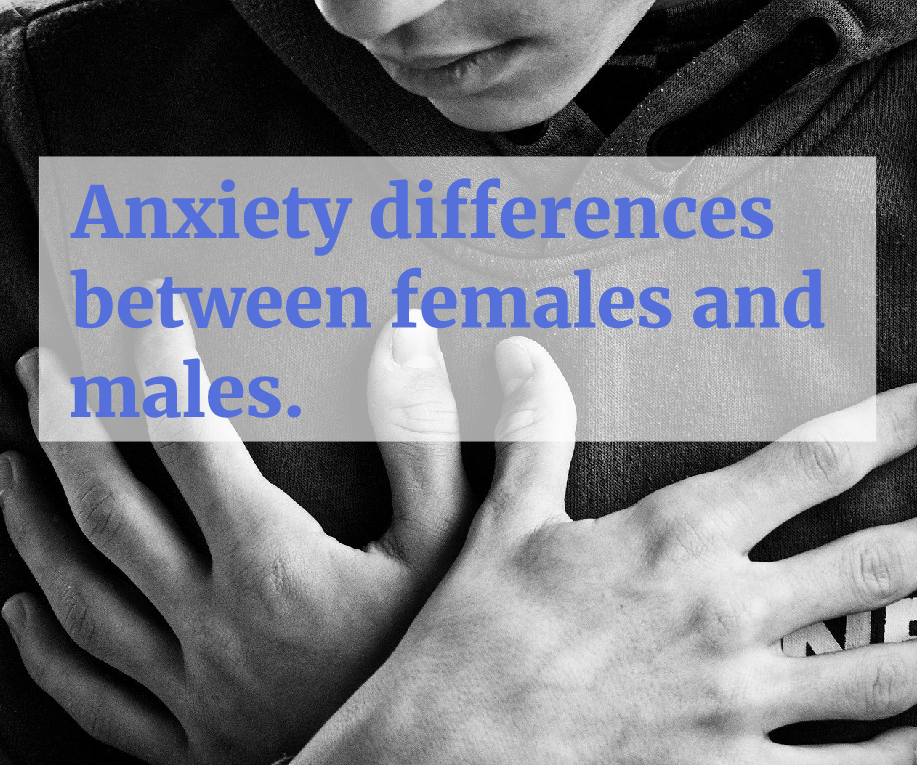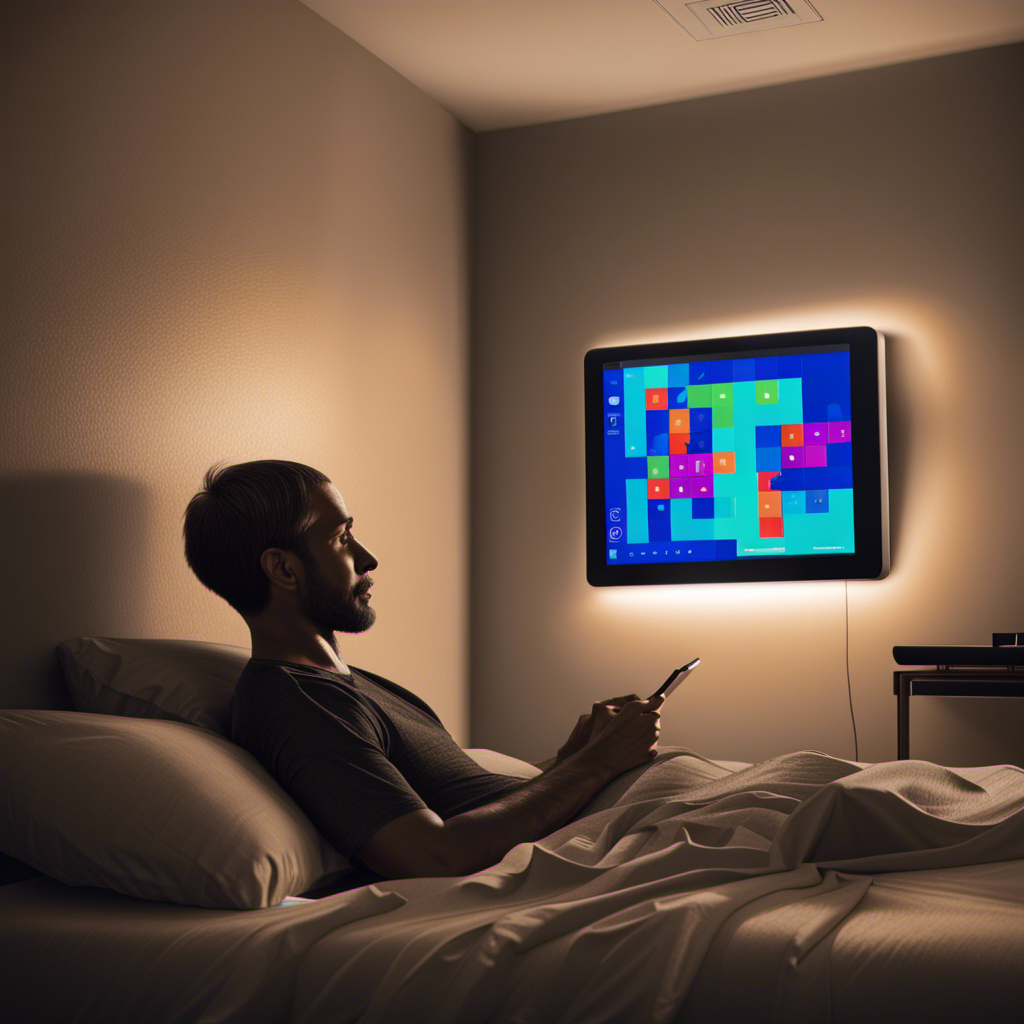ANIMAL STUDY LOOKS AT ANXIETY DIFFERENCES BETWEEN FEMALES AND MALES.
Anxiety differences between women and men

ANIMAL STUDY LOOKS AT ANXIETY DIFFERENCES BETWEEN FEMALES AND MALES.
👩🏻🔬Researchers from Indiana University School of Medicine recently studied the behaviors associated with anxiety -- published in Psychopharmacology -- examining how biological factors impact anxiety disorders, specifically in females. They found that anxiety in females intensifies when there's a specific, life-relevant condition.
👩🏻🔬The team, led by Thatiane De Oliveira Sergio, PhD, postdoctoral fellow in the laboratory of Woody Hopf, PhD, professor of psychiatry and primary investigator at Stark Neurosciences Research Institute, studied male and female rodent models to better understand sex differences in biological responses related to anxiety.
💡Anxiety disorders occur in twice as often in women than men, and social and cultural factors likely play an important role in the development of anxiety in females, De Oliveira said.
🤷🏻♀️The COVID-19 pandemic heavily influenced anxiety in people. De Oliveira said the roles for many women have amplified during the pandemic -- working remotely, teaching children in virtual school, everyday tasks, errands. She said these life-relevant conditions could have increased their anxiety.
Through studying both male and female rodent models, they found that females and males were very different in their response to the most life-relevant aspects related to anxiety, Hopf said.
👨🏽⚕️Previous studies support the idea that anxiety in females is focused on the most life-relevant aspects of a situation, Hopf said, which aligned with their findings.
Journal Reference: [Thatiane De Oliveira Sergio, Leah Wetherill, Claudina Kwok, Farrah Khoyloo, Frederic W. Hopf. Sex differences in specific aspects of two animal tests of anxiety-like behavior. Psychopharmacology, 2021].
Page Reference: [ScienceDaily. ScienceDaily, 8 July 2021. www.sciencedaily.com/releases/2021/07/210708143929.htm].







